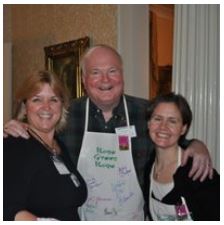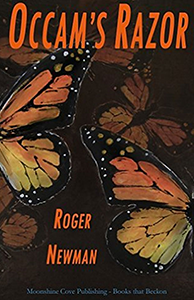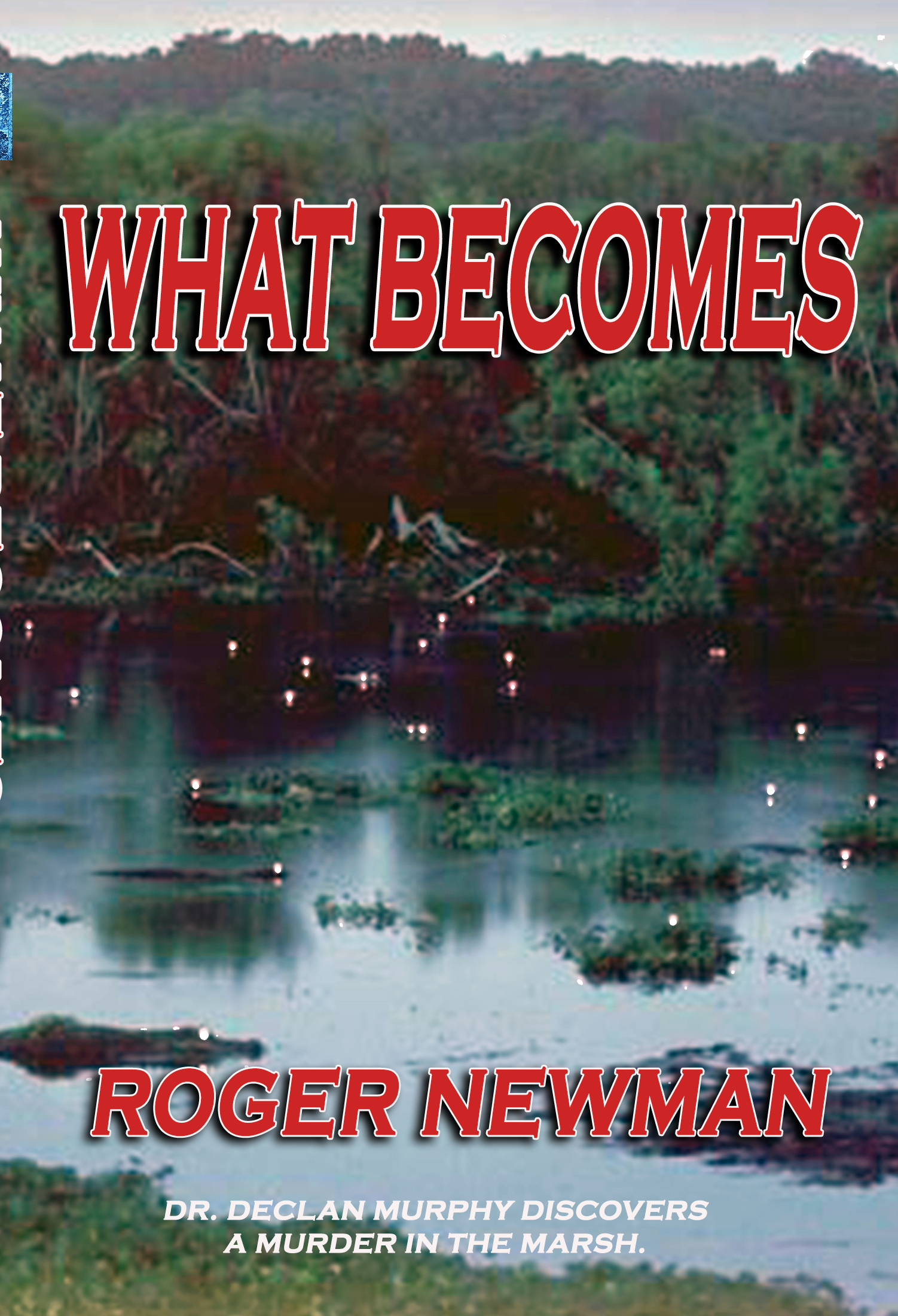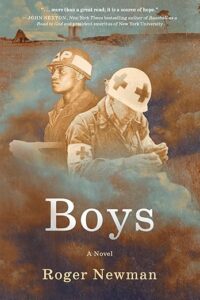“Man wonders,
But God decides,
When to kill the Prince of Tides”
Pat Conroy, the poet laureate of pluff mud, died yesterday of an aggressive pancreatic cancer at home in the South Carolina Low Country. There was no other way that he’d have it- overlooking the great salt marsh with the sweet fetid aroma of the oyster beds in his last breath. Our world will be a lesser place without his powerful stories and elegant, evocative sentences.
Literary scholars and PhDs of English Literature will write far superior critiques of Pat Conroy’s novels. Few will question that he’ll reign long as South Carolina’s preeminent writer. I personally feel that he will eventually be recognized as one of America’s greatest authors along with the likes of Hemingway, Faulkner and Wolfe. His stories of deeply dysfunctional families and damaged heroes drew on his own painful life experiences and were stewed in the Low Country boil of his adopted home.
He was brave enough to explore the still open wounds of a physically and emotionally abusive childhood and adolescence. He was lyrical enough to take his readers on delicious flights of inner vision and imagination. He was sensitive enough to write harsh, violent stories of domestic violence, rape, racism, AIDS, the failures of public education, the vicious codes of Citadel cadet conduct, in-discriminant institutional power, sexual misconduct behind the clerical collar and suicide, yet still produced flawed but honorable protagonists who struggle against those adversities and manage to find solace, if not grace.
Beyond that, however, this blog is about what Pat Conroy meant to me. As a brand new faculty member at the Medical University of South Carolina in 1986 I read The Prince of Tides. It was and remains the best book I’ve ever read. It was about my home. It was about my history. I’d heard stories of the small towns wiped from the map by the Savannah River Plant construction. As a boy, I’d seen the Bengal tiger in a cage at the Esso station. I’d driven Tradd south of Broad and seen the same tow-headed, weak eyed children with tortoise shell glasses playing in the street representing generations of inbreeding.
The attraction between the repressed, misplaced Tom Wingo and the glamorous, but unhappy New York psychiatrist Lowenstein made for a good movie. However, the doomed Luke Wingo remains my favorite literary character and a touchstone when I need answers to existential questions. Luke Wingo refused to be bullied and took a one-man stand against the power of the Federal government. The Prince of Tides convinced me that I wanted to be a writer and informed me how I wanted to write. It took me thirty years to pull together the stories of my life, but I finally did. With every paragraph I tried to channel the beautiful prose of Pat Conroy.
And when I wrote, I wrote about Charleston and the Low Country. I’ve spent my entire medical career in Charleston and I will spend my entire writing career here as well. I cannot express the reason why any better than Pat Conroy did himself in the foreword to the biography of long-time Charleston Mayor Joe Riley, “There is no city on Earth quite like Charleston. From the time I first came here in 1961, it’s held me in its enchanter’s power, the wordless articulation of its singularity, its withheld and magical beauty. Wandering through its streets can be dreamlike and otherworldly, its alleyways and shortcuts both fragrant and mysterious, yet as haunted as time turned in on itself.”
This blog usually addresses issues in Women’s Health. As I reflected on that, I thought about the many powerful female characters in Pat Conroy novels. While there were no shortage of brutish, prurient and foul masculinity in many of Conroy’s male characters, he obviously holds women in much higher esteem. His many mother figures were always complex, but constrained by the times. All were powerful and purposeful; surviving in circumstances that were not survivable.
His female characters were typically smarter than their partners, more compassionate, nurturing and healing. Conroy’s women learned to negotiate the dangerous and unpredictable powder keg of simultaneous male ego and insecurity. It is not surprising that Pat Conroy would champion the Citadel’s first female student, Shannon Faulkner, and then subsequently paid for her post-Citadel education when the Corps of Cadets finally drove her out. I’m proud to remember Pat Conroy in my Women’s Health blog.
I will never write as well as Pat Conroy or share his ability to breathe life and atmosphere into words on a page. That realization does not bother me in the least. I am bothered by the fact that I may never read those words again. It is said that he was actively working on a new novel set in Charleston in the 1970’s. The novel, tentatively titled Storms of Aquarius, explores a time of radical social change in the South through the eyes of poor black families who work for wealthy whites living South of Broad Street. I pray to someday read that story.
I’m happy with the thought that Pat Conroy would be proud of me for embarking on a reading and writing life. Maybe late, but not never. I wish my writing were better for this blog. Both Pat Conroy and Luke Wingo were uncompromising in their dedication to their land and heritage. They’ve both made their point and now they are together again on a barrier island somewhere.
Always somewhat auto-biographical, Pat Conroy possibly wrote his own epitaph at the end of The Prince of Tides when the primary character Tom Wingo retreats back from New York back to Charleston, “He was a coach, a teacher and a well-loved man. And it is enough, Lord. It is enough.”







